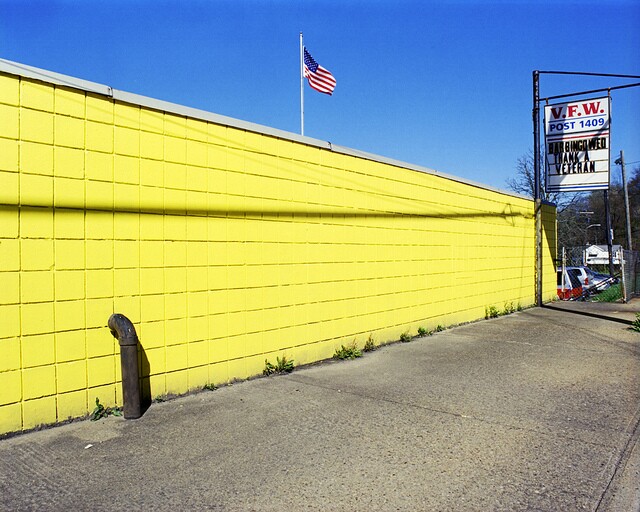Veterans Suffer Food Insecurity While Republicans Try to Cut Food Stamps

Back in February, former Vice President Dick Cheney popped his head out from wherever it's been hiding to go onto Fox News and issue a stern criticism of President Obama's policies. The issue at hand was the administration's proposal to cut the budget of the U.S. military. Cheney's response to such a move:
[T]he President would much rather spend the money on food stamps than he would on a strong military or support for our troops.
It was a way to try to make the President come off as a soft liberal, someone more inclined to give handouts to the lazy unemployed than spend ample money to defend our country. However, as a new study points out, spending money on food stamps is actually supporting our military.
The University of Minnesota went to a local VA hospital and asked nearly 1,000 veterans of the Iraq and Afghanistan wars to fill out a questionnaire regarding their current level of food security. (Meaning, if they feel they have "consistent access to sufficient food.") Of those questioned, 15 percent said they had "low food security" while another 12 percent said they experience "very low food security." That means 27 percent of the country's soldiers returning from wars abroad have trouble accessing food.
That's twice the amount of food insecurity that non-military Americans feel.
Something is clearly wrong, and the study attempts to find out why. In addition to the question about food insecurity, they also asked respondents for the number of deployments they've had and if they have any military-related disabilities. In both instances, there was no correlation. But they did find some similarities:
[V]eterans who were more likely to report food insecurity also had lower income levels, were living in households with more children, and reported leaving the military at a lower pay grade. They also reported being more likely to use tobacco, binge drink and get fewer hours of sleep a night.
As a solution, the study's authors propose that more needs to be done to fit returning vets into jobs that provide a livable wage. (Not working in fast food, in other words.) And that's certainly a solution that makes sense. But in a frustrating economic climate, jobs simply aren't around to make that a viable solution, meaning our veterans need another way to feel secure about their ability to eat.
And that's where food stamps come in.
The SNAP program is a solution for those trying to survive on a low income, whether they served in the military or not. It gives people a small bit of peace in a period full of turmoil and frustration. It allows them to focus on obtaining other needs -- say, finding a job -- rather than constantly worrying about having something to eat. In a country as profitable as America, there's no reason for any single person to go hungry, and there's especially no reason if that person's a veteran.
Which is why it's a shame Republicans continue their crusade to gut the program.
In South Dakota, a Senate candidate went on Facebook and likened those who are on food stamps to wild animals. A senator from Ohio who is making his initial push to become the Republican candidate for President has proudly voted to cut food stamps. In Maine, the Republican governor is using his executive power to push through a law that will force recipients to show photo ID to get them.
The GOP's attack on food stamps is not disguised. They've made it clear through their own very words how they feel about food stamp recipients: They think they're lazy animals, not "real" Americans. But if they feel that way about food stamp recipients, they feel that way about our soldiers.
More military families are relying on food stamps than ever before. And as the new study points out, food security for vets is a legitimate concern. One way that concern can be somewhat mitigated is by allowing for food stamps to be more readily available, instead of cutting the program. But that's exactly the opposite of what the right side of the aisle is doing.
If you're against food stamps, you're against our veterans. It doesn't matter how many flags you pin on your collar.


